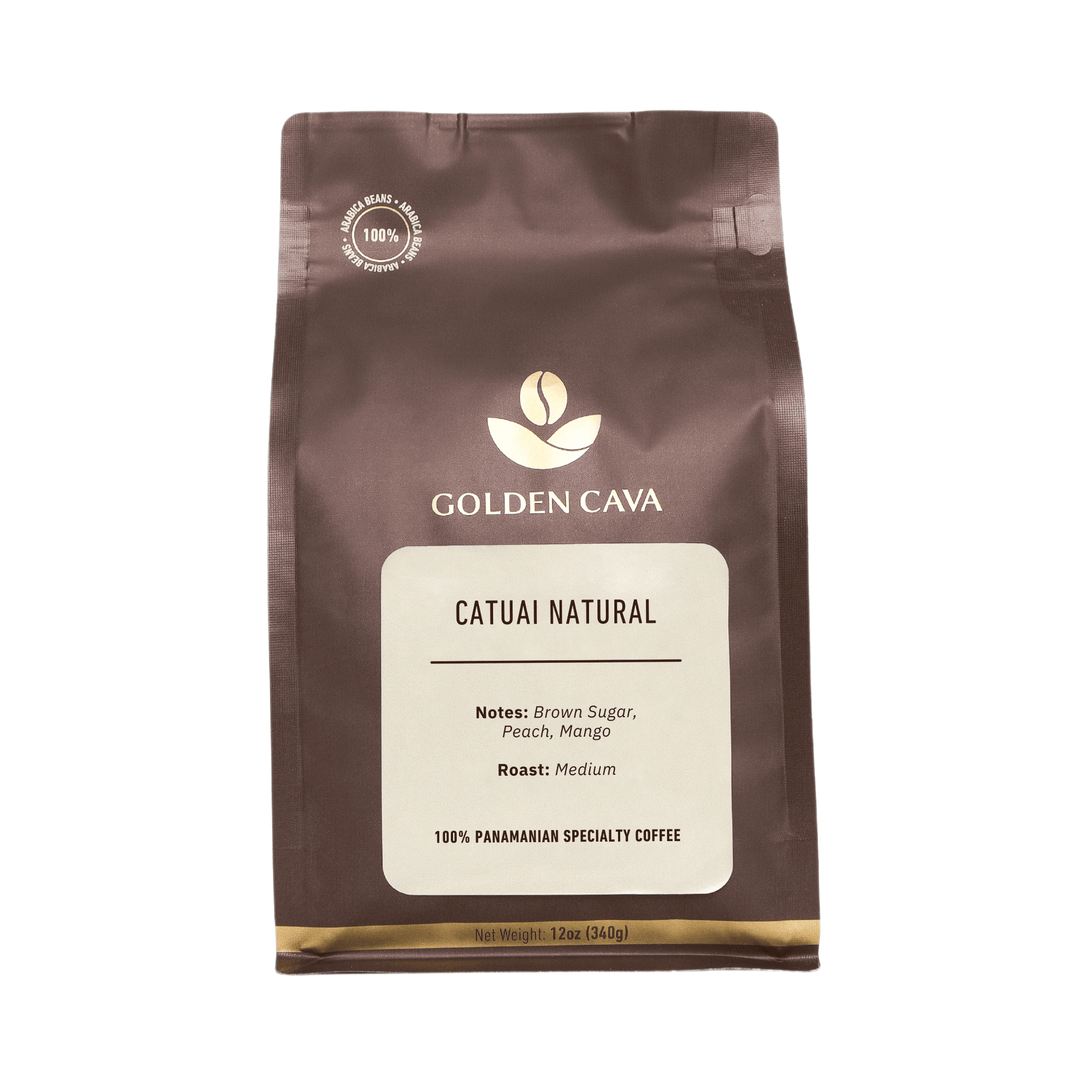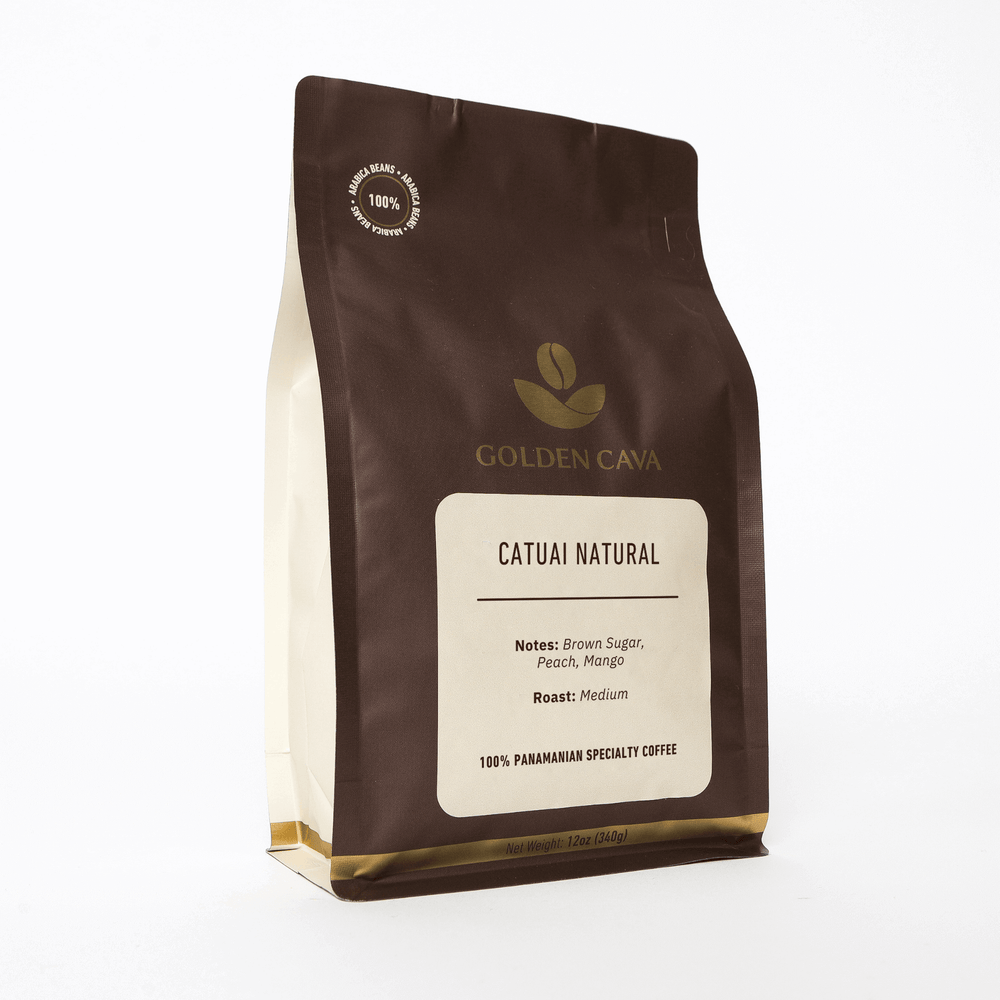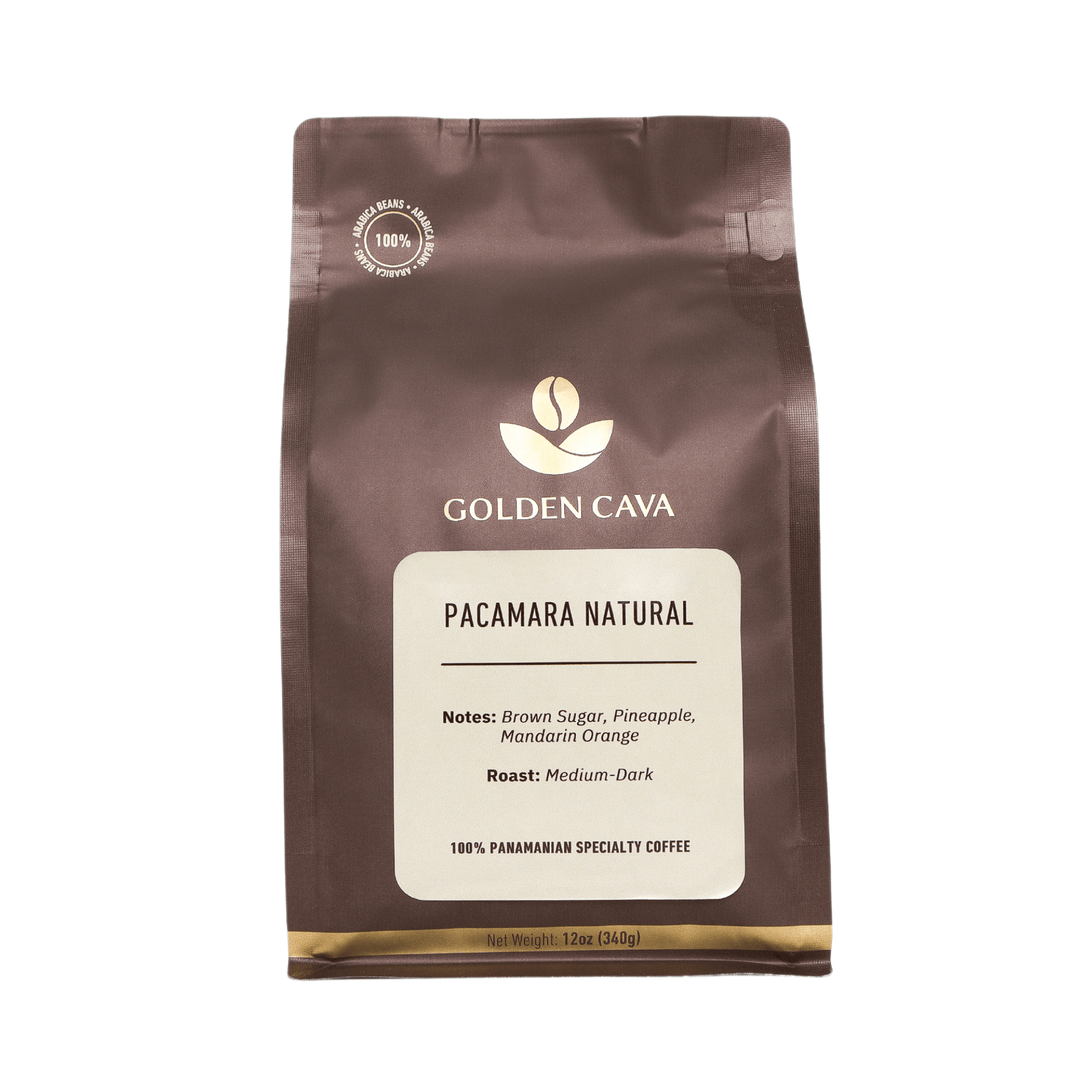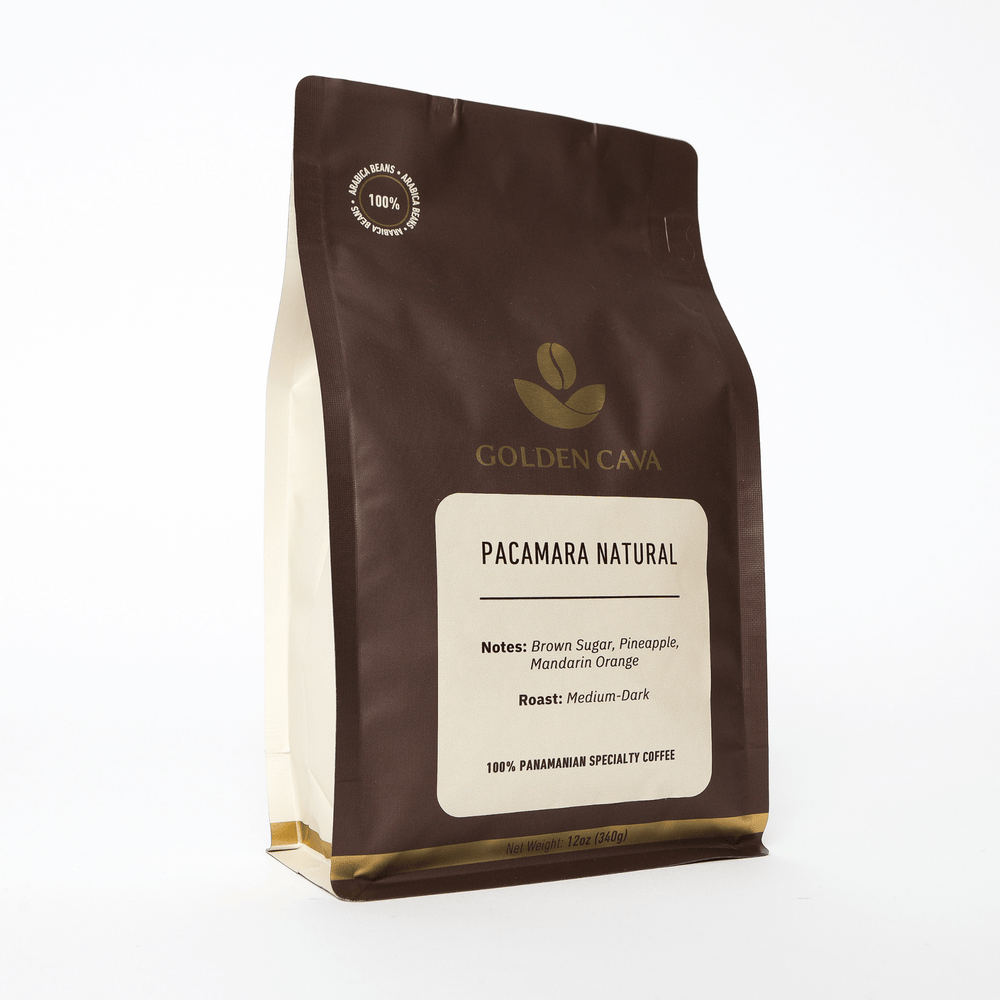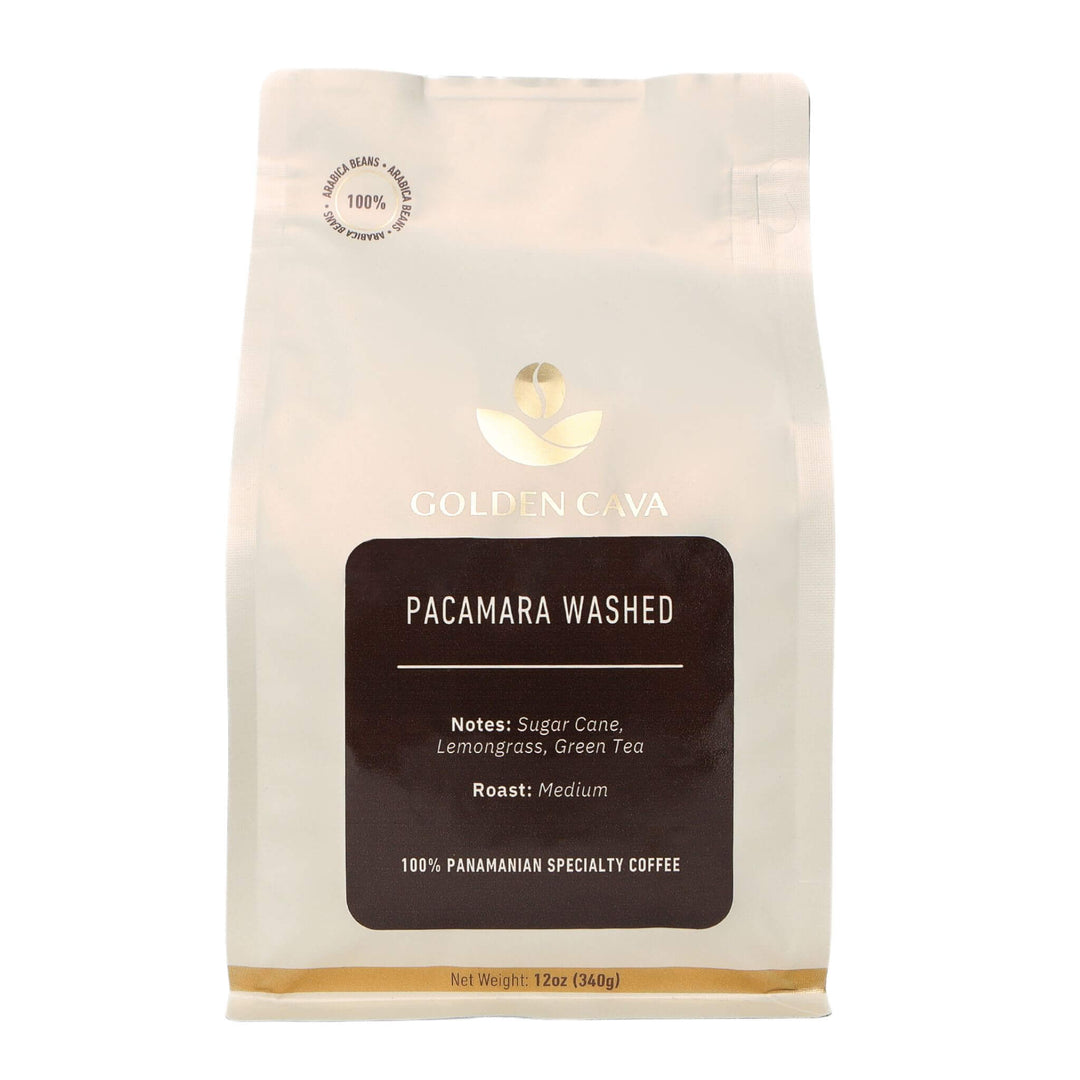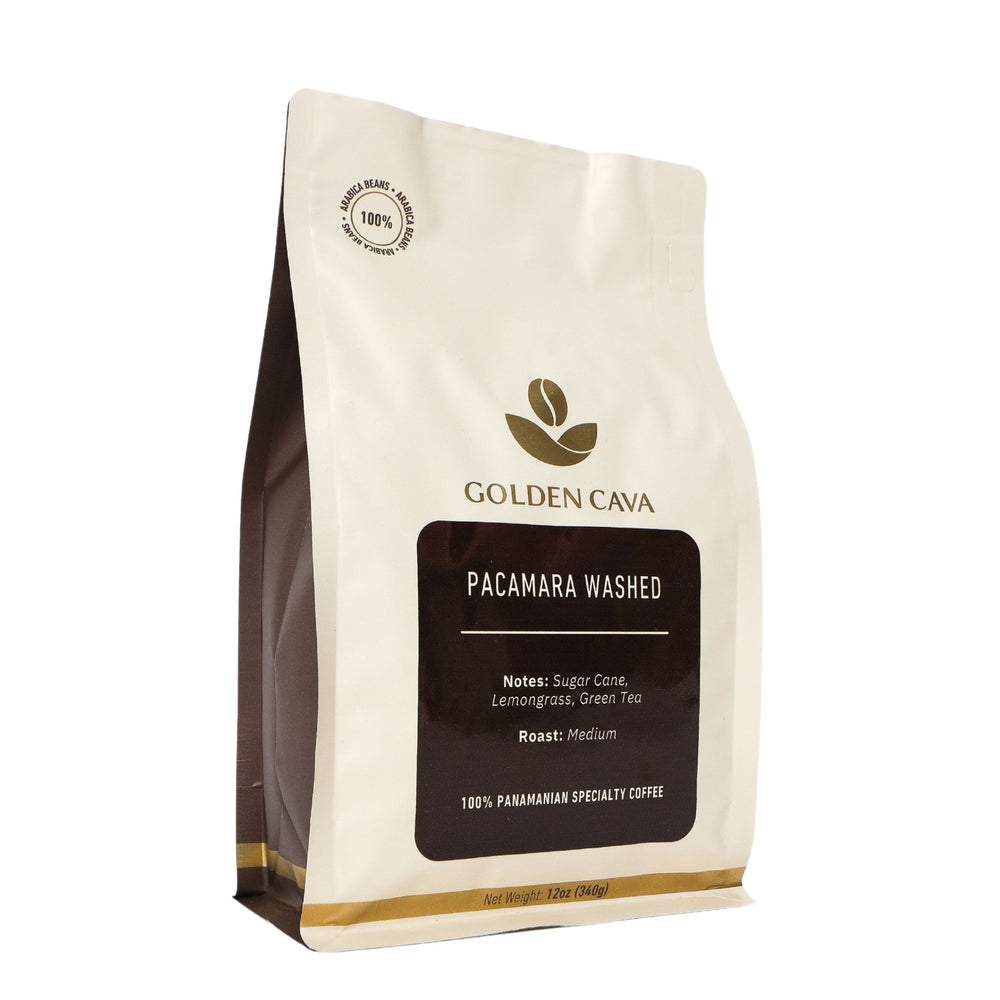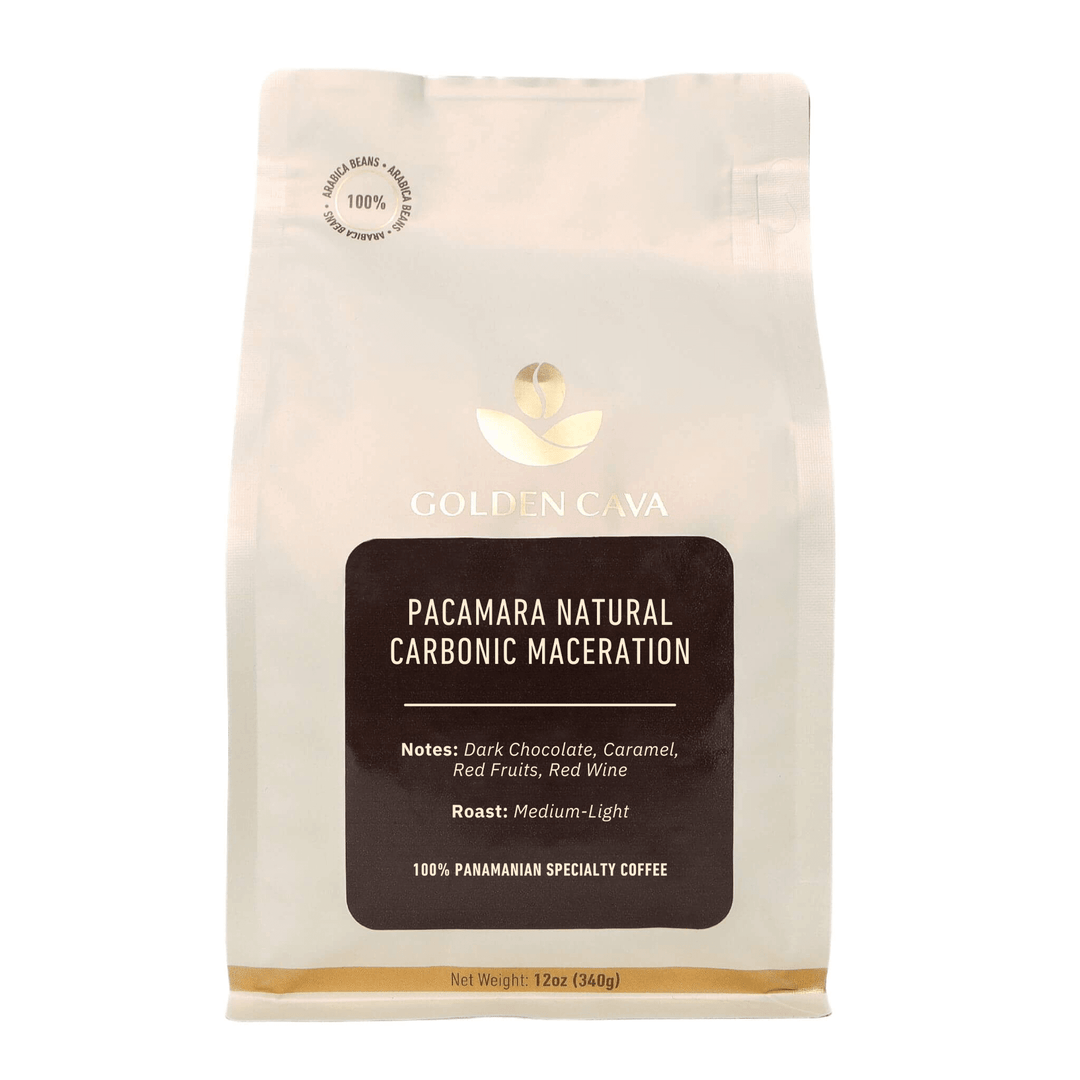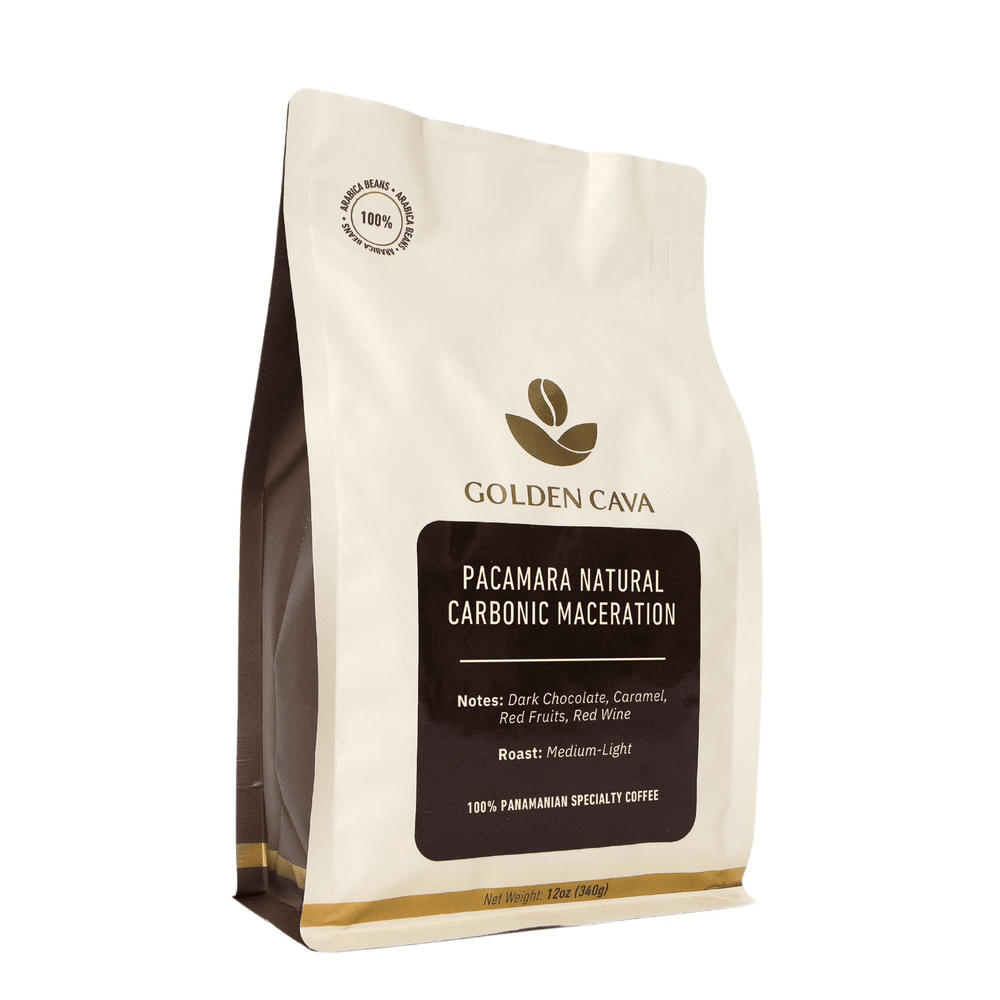Understanding Oily Coffee Beans: A Guide for Coffee Lovers
Dealing with oily coffee beans can be a real puzzle for many coffee lovers.
In fact, when it comes to brewing the perfect cup of joe, one question they ask is what causes oily coffee beans.
Many are clueless about what causes this oiliness and how it impacts the taste of their beloved beverage. But understanding these distinctions and nuances will help you create that perfect cup of coffee that you so enjoy so much. If you don't know how to handle oily coffee beans correctly, your dream of achieving that flawless brew might just remain a pipe dream.
Table Of Contents:
- 1. What Causes Oily Coffee Beans?
- How Can I Tell if My Coffee Beans Are Oily?
- Is It Bad If My Coffee Beans Are Oily?
- 4. How Can I Avoid Getting Oily Coffee Beans?
- 5. What Are The Benefits Of Roasting Coffee Beans At Home?
- FAQs in Relation to Oily Coffee Beans
- Conclusion
1. What Causes Oily Coffee Beans?
You may have noticed the gleaming beans in your morning cup of joe if you're a fan of coffee.
You might wonder: what makes these coffee beans oily?
The answer lies within the roasting process of our beloved java.
Dark roasted beans, particularly dark roasted beans, are responsible for this oily sheen.
Darker roasts like French roast or Italian roast undergo an intense heating procedure that brings out their natural oils to the surface.
Oil content is one of many factors that differentiate light coffee beans from medium and dark ones.
When coffee oil starts emerging on older coffee beans' exterior during high-temperature cooking, they become some of the oiliest beans in existence.
The result? An unmistakable glossy finish over each bean - a clear indication it's been well roasted.
Interestingly enough though, not all coffee depends on oil content equates to bad quality.
In fact, certain brewing methods such as french press or cold brew can benefit greatly from using darker roasted coffees due to their strong flavor profile and full-bodied cup potential.
However beware; while visually appealing at first glance with its rich coloration and slick texture - if left unchecked too long under heat exposure without proper care (like storage conditions), these same attributes could lead towards negative outcomes including bitter taste notes alongside bland aroma characteristics which nobody wants when trying enjoy deliciously brewed beverages every day... but more about those later.
Now let's delve into how we can identify whether our precious stockpile has succumbed this phenomenon called 'oiliness'.
How Can I Tell if My Coffee Beans Are Oily?
If you're a caffeine enthusiast, being aware of the quality of your beans is necessary for making that ideal cup.
Oily coffee beans are easy to spot once you know what to look for.
The first telltale sign? A glossy sheen.
This shiny finish on dark roasted beans can be an indicator of oil content.
Freshly roasted oily coffee tends to leave behind an oily residue when handled.
So next time before grinding those medium or dark roast coffee beans in your burr grinder for that morning cup, take a moment.
Check whether they have any noticeable signs of being overly-oiled - it could make all the difference between a delicious cup and one that leaves much desired.
Remember: Noticing some surface oil isn't always bad; many full-bodied cups like French press brews use coarser grind from slightly oiliest beans.
But too much might indicate over-roasting which leads away from complex flavors we crave towards bitterness.
Whether light roasts (which usually lack these signs) suit better than bolder flavored medium roasts or even darker ones ultimately depends upon personal preference.
And while industry standards vary globally based on regional preferences & climate affecting natural oils within bean types, we as consumers get final say.
After all, who knows our palate better than ourselves?
Next up let's explore if having excessively oily sheens necessarily indicates poor quality... Click to Tweet
Is It Bad If My Coffee Beans Are Oily?
The question of whether oily coffee beans are bad or not often arises among coffee lovers.
This is because the oiliness of your beans can significantly influence the taste and aroma of your brewed coffee.
Oily beans tend to be a characteristic feature of dark roasted coffee, such as French roast, which have more visible oil on their surface due to prolonged exposure during the roasting process.
If you notice an oily sheen on lighter roasts like medium roast or light roast, it could indicate that they're older than desirable for optimal flavor.
Darker Roasts vs Lighter Roasts
In general, darker roasts like French press will exhibit more surface oil compared to lighter ones.
The oils in these oiliest beans contribute towards a bold flavor and full-bodied cup which some people love while others may find overpowering.
Potential Drawbacks Of Oily Beans:
A common concern with overly-oily beans is that they might leave an oily residue in your grinder, especially if you use a burr grinder designed for coarser grind sizes typical with cold brew methods.This can lead to buildup over time and affect future cups negatively by adding unwanted flavors from stale oils left behind (be sure to regularly clean your grinder to avoid this pitfall.) Another potential drawback lies within its strong flavor profile; this might mask subtle nuances present in high-quality single-origin coffees resulting into bland aroma when brewed.
Bitterness And Lack Of Complexity:
Overly shiny bean surfaces also suggest possible over-extraction during brewing leading up-to bitterness instead delicious cup expected by most consumers today.
In addition, too much extracted natural oils results in a lack of complexity in tasting notes, reducing the overall drinking experience desired in every morning cup of joe.
So the answer to the original query: "bad"? Well, it depends on personal preference and understanding how it affects the final product at hand. Now let's move onto the next section to discuss ways to avoid getting your hands on excessively greasy specimens.
Is it a problem if my coffee beans are oily? The oiliness of your beans can affect the taste and aroma. Dark roasts tend to be oilier, while lighter roasts with an oily sheen may be older. Oily beans can leave residue in grinders and mask subtle flavors, leading to bitterness and lack of complexity. Whether it's bad or not depends on personal preference.
4. How Can I Avoid Getting Oily Coffee Beans?
The secret to avoiding oily coffee beans lies in understanding the roasting process.
Roast Level Matters
Avoiding overly dark roasted coffee is key as darker roasts tend to produce oilier beans due to prolonged exposure to heat, which causes natural oils from inside the bean to surface. This guide provides a comprehensive guide on different roast levels.
If you prefer a bold flavor without an oily finish, consider medium roast coffee beans instead of french or dark roast ones.
Older coffee beans can become more oily over time. To avoid this issue, opt for freshly roasted and high-quality light or medium-roast varieties whenever possible. This will not only help prevent an excessively shiny appearance but also ensure your morning cup has a delicious taste and aroma.
A burr grinder is recommended by many. It gives uniformity while grinding and doesn't cause excess friction that could lead towards heating up the beans resulting in premature release of oils.
Remember: Your choice of brew method matters too. For example, a coarser grind works best with French press whereas espresso requires finer grinds. Choosing the right brewing technique helps maintain the desired level of oil content leading towards perfect brewed coffees every single time.
By following these tips, you'll enjoy full-bodied cups minus any unwanted greasy residue. Click to Tweet
5. What Are The Benefits Of Roasting Coffee Beans At Home?
Thinking about roasting your own coffee beans in the comfort of home may have come to mind if you're a real java enthusiast.
The Control:
You see, when you roast coffee beans yourself, it gives you full control over the roast level.
No more settling for bland aroma or an oily finish from dark roasted beans that are too bitter for your taste buds.
You can ensure maximum freshness by only roasting what's needed and using them immediately after cooling.
Roasted coffee tends to be pricier than green (unroasted) ones.
By doing it yourself, not only do you get to enjoy a freshly brewed cup every morning but also save some bucks in the process.
Appliances, like popcorn poppers or even frying pans on the stovetop, could serve the purpose just fine if budget is a concern.
Ever fancied trying a light roast instead of medium? Or maybe a coarser grind with a French press rather than the usual drip machine?
With the DIY approach comes the freedom to experiment with different varieties of bean types as well as brewing methods to achieve the perfect flavor profile each time.
It's worth noting though; it is recommended to always use a burr grinder to maintain consistency in the size of grinds for optimal extraction during the brew.
There's nothing quite as satisfying as watching the transformation of raw coffee beans into shiny little nuggets of goodness right before your eyes.
Remember - darker doesn't necessarily mean better. It depends on personal preference and how much natural oils you want to extract from those deliciously aromatic seeds.
So why wait? Grab a pack of unprocessed 'green' coffee beans and start your journey towards creating the ultimate personalized blend today.
FAQs in Relation to Oily Coffee Beans
Is it OK if Coffee Beans are Oily?
Coffee beans can appear oily due to their natural oils. This is a normal occurrence, especially in high-quality, freshly roasted beans.
Reasons for Oily Coffee Beans:
- High-quality beans: Freshly roasted beans contain more natural oils, which can make them appear oily.
- Roast level: Darker roasts tend to have more oils on the surface than lighter roasts.
- Bean variety: Certain coffee bean varieties, such as Arabica, are more prone to oiliness than others.
When to Worry About Oily Coffee Beans:
- Rancid or spoiled beans: If the beans have an off smell or taste, it may be a sign of spoilage.
- Beans are too old: Old beans can become stale and develop an unpleasant flavor.
- Beans have been exposed to heat or light: Improper storage can cause the beans to become rancid or develop an oily texture.
Proper Storage to Prevent Oily Coffee Beans:
- Store in an airtight container: Keep beans in a cool, dark place to preserve their flavor and aroma.
- Use a coffee bean container with a one-way valve: This allows CO2 to escape while keeping oxygen out.
- Freeze or refrigerate beans: If you won't be using the beans within a week or two, consider freezing or refrigerating them to preserve their freshness.
What are considered oily coffee beans?
Have you ever noticed how some coffee beans look shiny? Almost like someone coated them with oil? Well, they basically are! But don't worry, it's natural. Oily coffee beans are simply beans that have released natural oils during the roasting process.
The thing about coffee beans is that they're full of flavorful oils and compounds. When the beans roast, the heat brings these oils to the surface. A light roast might only have a few shimmery spots, while a dark roast can look downright glossy because of the longer roasting time.
Now, this is where things get interesting. Some people think oily beans are a good thing – a sign of a rich, bold flavor. Others think they make the coffee taste bitter or burnt. The truth? It depends! It's more about personal preference and how you brew your coffee.
What oily coffee bean to avoid?
Coffee beans sometimes get a bit slick after roasting. This is because the heat brings out the natural oils in the bean. It’s totally normal. But have you ever opened a bag to find the beans looking super greasy? That might mean those beans are past their prime.
Here’s the deal: Freshly roasted coffee beans are at their tastiest. When the beans are roasted, they release carbon dioxide. This process is called “degassing." It can take a few days for all the gas to escape. During that time, some oils might come to the surface, which is fine. But if the beans are kept around for too long, more and more oil will appear on the surface. Too much oil can make the beans taste stale. The flavor just won’t be as bright and delicious.
So, what oily coffee bean should you avoid? Keep an eye out for these signs:
- Beans that look wet or greasy.
- Beans that have lost their shine.
- Beans that smell off or stale.
Will Oily Coffee Beans Clog Grinder?
Seeing oil on your coffee beans might seem a little strange. Some people think it means the beans are too old or bad. But actually, oil on coffee beans is totally normal, especially if you like dark roasts.
When coffee beans are roasted, the heat brings out the oils inside. Think about it like this: if you cook a steak for a long time, you'll see oil coming out, right? Same idea with coffee. The longer the beans roast, the more oil comes to the surface.
Now, you might be worried that these oily coffee beans will gum up your grinder. And yeah, it's possible. The oils can make the grounds stick together more, which can be a pain. But don't worry, it doesn't mean your grinder is doomed.
Conclusion
So, we've brewed up quite a bit of knowledge on oily coffee beans.
We've learned what causes them: over-roasting.
We now know how to spot them: that glossy sheen and greasy feel.
We understand their impact: a bitter taste and lack of complexity in our cuppa joe.
And we're armed with strategies to avoid getting these slippery little fellas again!
Better yet, roasting your own beans at home gives you control over the roast level for that perfect brew every time.
Don't let the intricate realm of coffee overwhelm you! With this newfound understanding of oily coffee beans, you are well on your way to becoming a true coffee expert.
If you want more insights into the fascinating universe of specialty coffees or if travel and play tickle your fancy too...
Golden Cava, an e-commerce store dedicated to quality, and freshness has got just what you need! We not only help improve your brewing experience but also take it beyond - exploring new places while enjoying amazing cups along the journey!
Dive deeper into our world where better coffee meets exciting travels. Join us today at Golden Cava. Your ultimate destination for all things Coffee & Travel!

